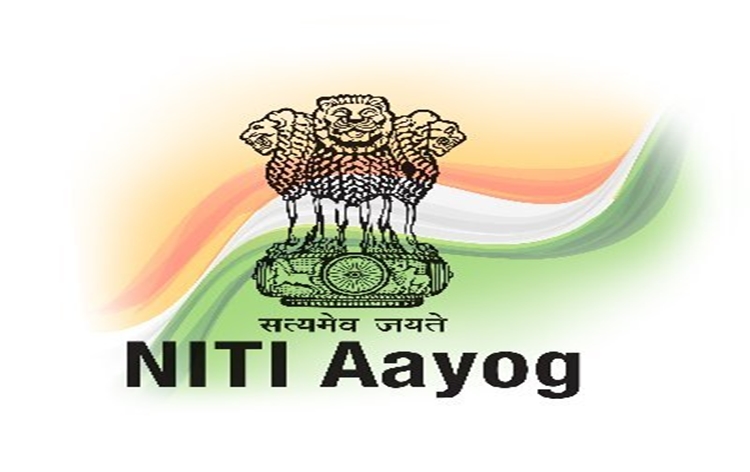
NITI Aayog plans to boost Rail Container Freight Movement
NEW DELHI : NITI Aayog, India’s top policy think tank, has announced a bold plan to shift more freight from roads to railways, focusing on container cargo. The goal is to make India’s freight system more efficient and sustainable, as the country is expected to handle 6,366 million tonnes of goods by 2026, with containers making up 411 million tonnes.
Right now, trucks carry 66% of non-bulk cargo, while trains handle only 30%. To change this, NITI Aayog is launching a study to tackle issues like high costs, complex regulations, and operational delays. The study will look at how Indian Railways sets prices for container freight, compare it to global standards, and suggest fairer rates to help businesses. It will also explore ways to improve private container operations, speed up train turnarounds, and fix last-mile delivery challenges.
Key Highlights:
NITI Aayog launches a study to shift more container freight from roads to rail, aiming to boost efficiency and sustainability
The plan targets fairer pricing, faster train turnarounds, and better last-mile delivery to attract businesses to rail transport
This initiative supports India’s National Logistics Policy goal to halve logistics costs by 2030 through greener, cheaper rail freight
“The study aims to provide policy-level suggestions for cargo consolidation, particularly for parcel and less-than-container-load (LCL) shipments, while attracting more customers to rail for non-bulk movements,” a NITI Aayog spokesperson said. The study will also check the condition of inland container depots, freight stations, and terminals, while addressing shortages of containers.
This effort supports India’s National Logistics Policy, which aims to cut logistics costs from 16% of GDP to 8% by 2030. Rail transport is cheaper and greener than road, making it key to this goal. The Finance Ministry has also asked NITI Aayog to find the best balance between rail, road, and waterway transport and improve connections between them.
Industry experts are optimistic. “Dedicated freight corridors and modernized rail infrastructure could significantly decongest roads and boost efficiency,” said Lalit Trivedi, a former Indian Railways official. By solving these challenges and encouraging private partnerships, NITI Aayog’s plan could transform how goods move across India, making railways a vital part of a greener, more efficient logistics network.

